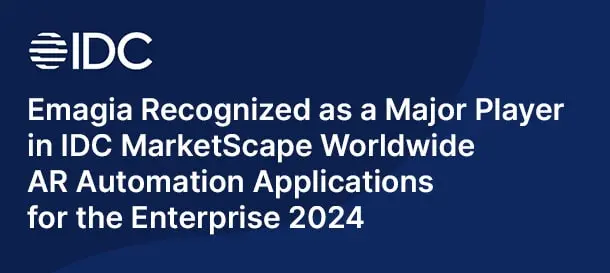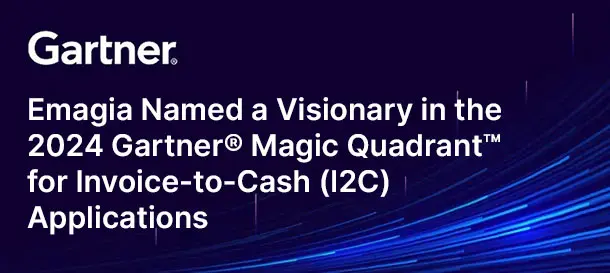Understanding the Subledger
The subledger is an essential part of accounting that helps businesses maintain detailed records of financial transactions. Unlike the general ledger, the subledger contains granular details of each transaction, categorized by specific accounts such as accounts receivable, accounts payable, and inventory. Using a subledger improves the accuracy of financial statements and simplifies reconciliation.
Importance of Subledger in Accounting
The use of a subledger allows businesses to categorize their finances in a more organized way. It helps accountants and financial teams to break down transactions by type, aiding in transparency and analysis. A well-maintained subledger is critical for tracking business finances accurately.
Types of Subledgers
Subledgers can vary depending on the business needs, and common types include accounts receivable, accounts payable, and inventory subledgers. Each subledger serves a different purpose and adds granularity to the financial tracking process.
How Subledgers Relate to the General Ledger
While the general ledger provides an overall summary, the subledger gives detailed transaction information, allowing businesses to trace and verify transactions with greater accuracy.
Benefits of Using a Subledger
Using a subledger enhances the accuracy of financial data, simplifies the reconciliation process, and improves the organization’s ability to monitor specific transactions.
Challenges with Subledgers
Implementing a subledger system requires meticulous setup and maintenance. Without regular updates, the system may not reflect current finances accurately.
Setting Up a Subledger
To set up a subledger, businesses need to define categories that best represent their financial tracking needs, such as accounts receivable and inventory tracking.
Best Practices for Managing Subledgers
Maintaining an accurate subledger requires regular updating, consistent auditing, and adherence to accounting standards to ensure data accuracy.
Common Mistakes in Subledger Management
Errors in subledger management often arise from incomplete data entry, leading to discrepancies with the general ledger.
Future of Subledger Accounting
The evolution of accounting software allows for more efficient management of the subledger, ensuring accurate financial reporting.



